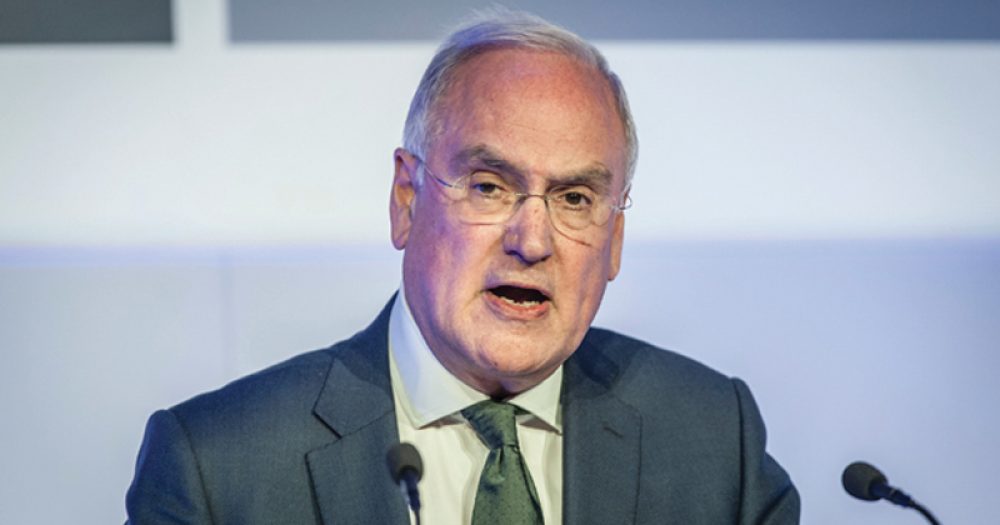Ofsted will keep tabs on governors not committed to their roles after the watchdog found many lack the expertise to hold school leaders to account.
The watchdog published its ‘improving governance’ study today that claimed governors pay little attention to pupils’ outcomes, as well as not knowing their own roles and responsibilities.
The watchdog concluded that governors do not have the necessary skills to challenge heads “effectively”, with poor governance – particularly in deprived areas – going undetected.
Ofsted gave an example at an unnamed school where a governing body had accepted a senior leader’s assurance that their budget was healthy, before being told just one week later that the school had a deficit of over £300,000.
The watchdog has now pledged to “report more robustly on the extent governors are committed to their own professional development” to secure “sustained improvements” in governance practices.
Emma Knights (pictured right), chief executive of the National Governors’ Association (NGA), said Ofsted was right to say recruiting governors with the “right

skills, knowledge and commitment” was challenging, but labelled the report as a “missed opportunity”.
She said the report should have called for induction training to be mandatory for governors, something the association has “long been calling for”.
Instead the report said that governors “need better access to highly skilled people who have the educational expertise to help them meet the increased demands of their role”.
The study found that governors at two-thirds of the 2,600 schools surveyed had not taken part in any self-evaluation work and had not identified any weaknesses until they were rated as “requires improvement” or “inadequate” by Ofsted.
The watchdog also visited 24 schools in poor areas for its report.
Raj Unsworth, a governor for more than 20 years, told Schools Week she welcomed Ofsted’s findings.
“Governors/trustees haven’t had training and don’t have the necessary expertise. This is demonstrated by the fact that they don’t understand their roles and responsibilities.”
She said while training is not mandatory, there is nothing to stop boards insisting their members undertake an induction and have access to continued CPD.
“However, it’s not just about doing training, Ofsted should want to see (and boards should record) evidence of the impact of that training.”
But Knights said it is “simply wrong to say that governors and trustees don’t get training”.
She told Schools Week: “We [NGA] undertook research with the University of Bath two years ago which showed the vast majority (92 per cent) of more than 7,700 governors had induction training and 81 per cent ongoing training.
“However NGA wants training to reach those who still do not understand its importance, hence our call for induction training to be mandatory as it is for other important volunteer roles such as magistrates.”
Ofsted suggested another way to address weak governance was to pay chairs of governing bodies. The watchdog found that paid chairs often have “more open and honest discussions” with headteachers.
But the finding conflicts with the view of the NGA, which states chairs and all governors should remain a voluntary unpaid role.
Knights added: “There is no evidence to suggest that paying governors and trustees would improve the effectiveness of governing boards. The vast majority feel that paying people is not the solution to the difficulty of recruitment.”
Ofsted also called on the government to publish “national quality standards” to encourage governors to undertake robust self-assessment.
The watchdog suggested expanding the number of national leaders of governance and the provision of professional clerks so that schools can “access the right level of professional support for their needs”.
A Department for Education spokesperson said: “Governors are an important part of the school system and this report shows that where they receive high-quality training and support, they can be even more effective in challenging school leaders and holding them to account.
“We are investing £2.5million to recruit more governors and increase the quality of training and support they receive. This includes new development programmes and clear guidance on what good governors should be doing.”



I’m with NGAk this. Paying will introduce another conflict. We know some Join broads only to enhance their CV. How do you stop these getting paid? In these days of budgetary constraints where is this money going to come from?
Excellent suggestion.
“There is no evidence to suggest that paying governors and trustees would improve the effectiveness of governing boards”
Well of course there’s no evidence because it doesn’t currently happen.